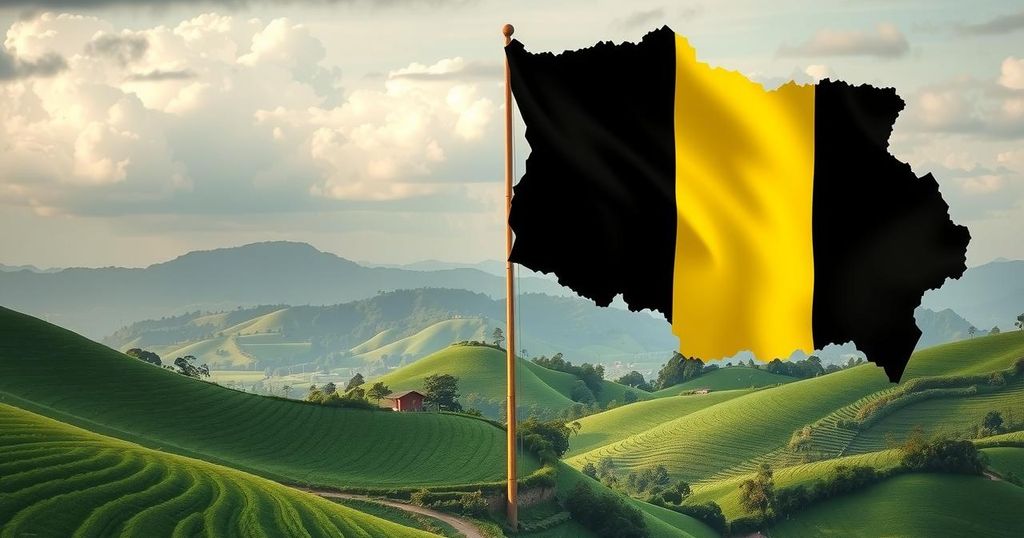Rwanda has cut diplomatic ties with Belgium, accusing it of siding with DR Congo and mobilizing sanctions against Kigali. This rift is rooted in a long history of colonial injustices and complicity in violence against Rwandans, notably during the genocide. Belgium’s failure to recognize its responsibilities and ongoing hostility further complicates the relationship.
On Monday, the Rwandan government severed diplomatic ties with Belgium, citing Brussels’ support for the Democratic Republic of Congo amidst ongoing conflicts. Kigali has accused Belgium of orchestrating international sanctions against Rwanda. The history of grievances between Rwanda and Belgium, according to the Rwandan government, spans several decades and is rooted in historical injustices stemming from colonial rule.
1. Historical tensions began during German and Belgian colonization, after the Berlin Conference which partitioned Africa among Western powers. Rwanda, assigned to the German zone, saw its borders diminished and territories annexed to the Belgian Congo and Uganda.
2. From 1924 to 1946, Belgium was granted trusteeship over Rwanda by the League of Nations and the United Nations, tasked with promoting societal progress. However, Belgium established a divisive political system that undermined these legal obligations.
3. Following Germany’s defeat in 1916, Belgium implemented a series of reforms. These reforms involved harsh labor laws, ethnic categorization, and the dismantling of traditional leadership structures, ultimately leading to the rise of the PARMEHUTU political party, which perpetrated violence against the Tutsi.
4. Although Rwanda gained independence in July 1962, the ensuing years were marked by violence, including significant massacres of Tutsi, culminating in genocidal events that Belgium purportedly supported.
5. In February 1964, the Belgian government acknowledged the Tutsi massacres, fearing implications for their soldiers present at such sites. The Rwandan military, established by Belgium, undertook these acts under Belgian supervision.
6. Belgium’s military involvement continued into the 1990s, with troops supporting the Rwandan regime during civil unrest and committing to UN missions while possessing knowledge of impending genocide preparations.
7. The withdrawal of Belgian troops in April 1994 effectively paralyzed UNAMIR during the genocide, and their diplomatic maneuvers created an environment that allowed for the escalation of violence against Tutsi civilians.
8. In 1997, Belgium publicly recognized its failures in protecting Rwandan civilians, and in 2000, Prime Minister Guy Verhofstadt issued a formal apology for Belgium’s actions, yet Rwanda remains sceptical of Belgium’s intentions, observing its alliances and past involvement.
9. The UN Security Council’s Resolution 2150 (2014) calls for Member States to learn from the Rwandan genocide, condemning denialist narratives while urging nations to prosecute accused perpetrators.
10. To this day, Belgium is criticized for not honoring this resolution, allegedly financing networks that propagate denialism while pursuing a hostile policy against Rwanda that favors narratives from the DRC government.
Rwanda’s severance of diplomatic relations with Belgium reflects long-standing historical grievances stemming from colonial actions, systemic violence, and the failure to confront the aftermath of genocide. Key events highlight Belgium’s complicity and subsequent failure to protect Rwandan citizens, culminating in continued accusations of hostility and denialism. This situation illustrates the complexities of historical relationships and their present-day ramifications, emphasizing the need for accountability and reconciliation in international relations.
Original Source: www.ktpress.rw






